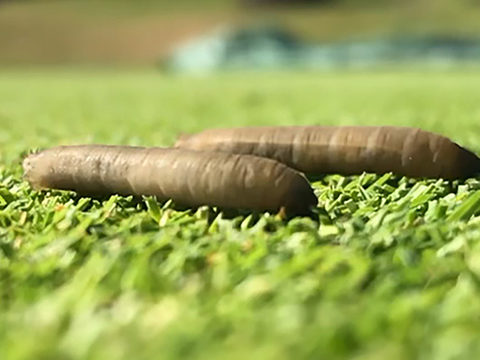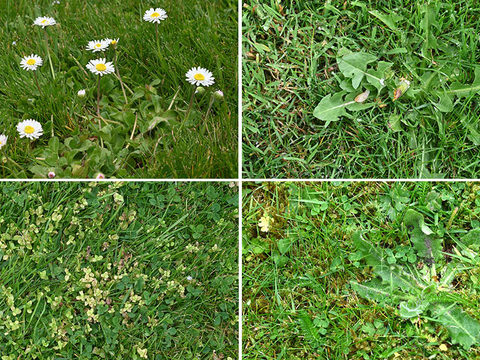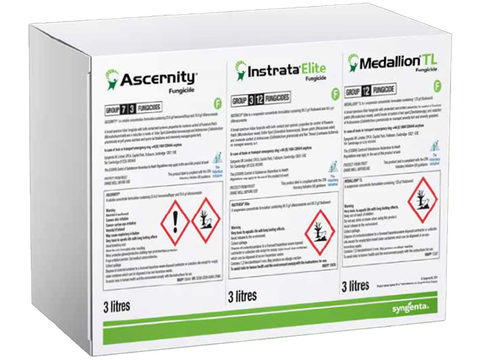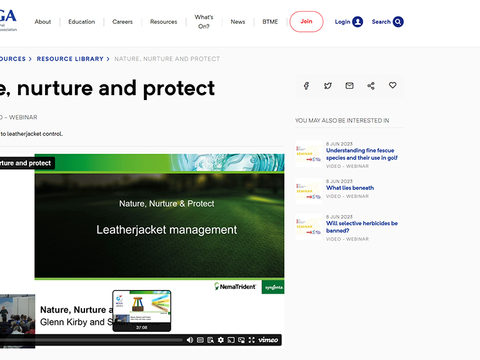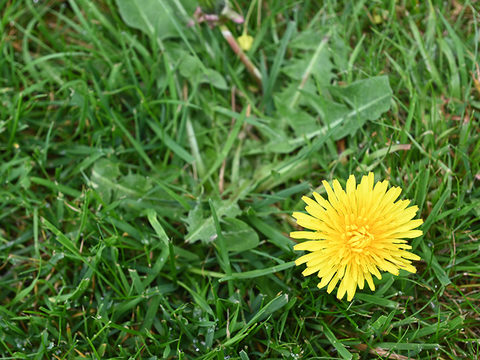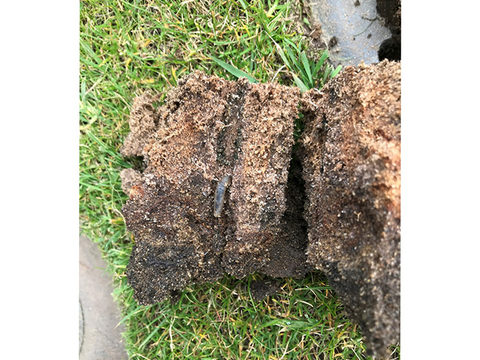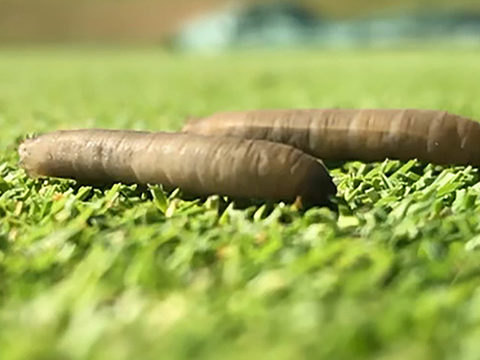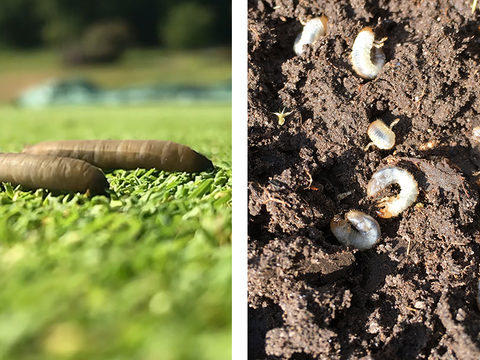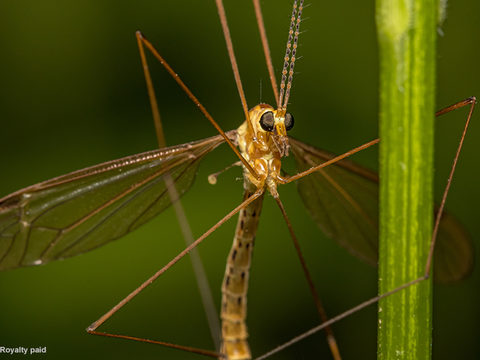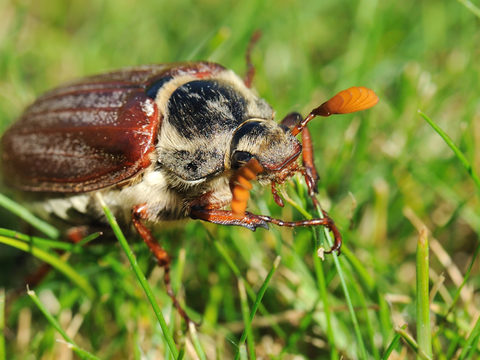Acelepryn Emergency Authorisation for chafer grubs
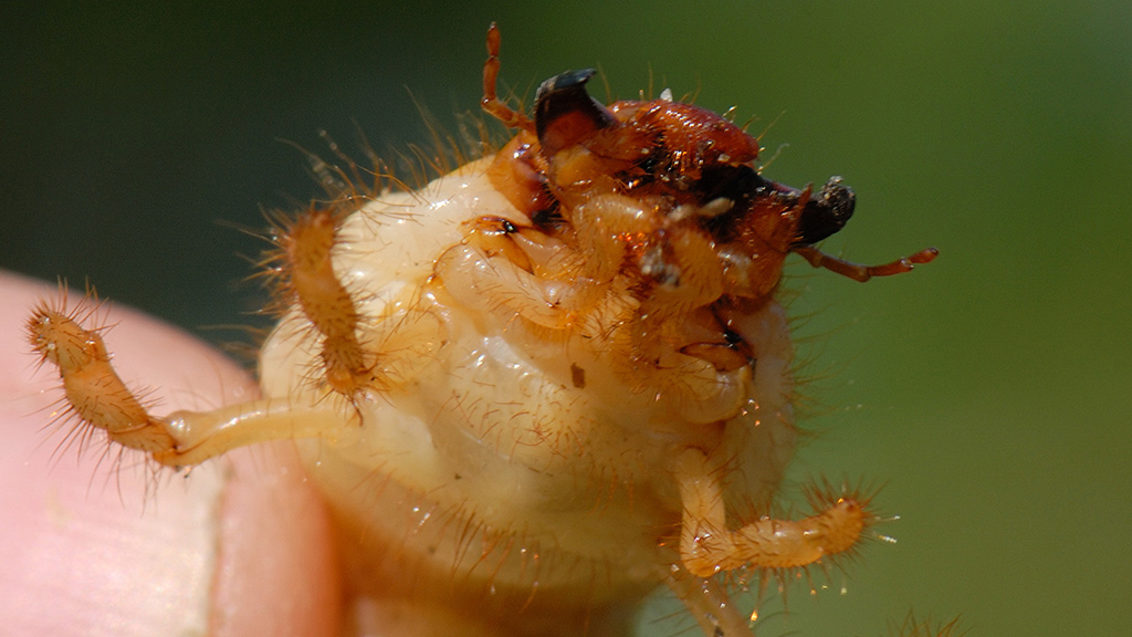
An Emergency Authorisation for the use of the insecticide, Acelepryn, to target chafer grubs has been granted for the 2021 season.
This season, the initial chafer grub specific authorisation permits use of Acelepryn on affected greens, tees and fairways, along with horse race courses and airfields. The sale of Acelepryn for chafer grub permitted up to 4 August 2021, with the treatment period up until 31 August.
Read the full label details and more information
A further Emergency Authorisation has also been submitted by ICL on behalf of the turf industry for the treatment of leatherjacket infestations later in the season. The regulatory authorisation system only permits a 120-day use period, which requires a separate submission for leatherjackets to target later application at peak pest timing.
Chafer grubs and leatherjackets cause damage to turf through extensive feeding on roots, which can be severe in localised patches. Surface stability where grubs have chewed through turf roots is of hugely significant concern for race courses.
Furthermore, extreme damage can occur in all turf surfaces when badgers, birds and other foragers root through turf in search of the grubs.
The Emergency Authorisation permits Acelepryn use in situations where there is an acknowledged instance of economic damage, or risk of bird strike on airfields, and where the product has been recommended by a BASIS qualified agronomist.
Acelepryn users will be able to submit online stewardship records of areas treated, linked from the ICL website.
”Over recent seasons the economic damage from chafer grubs and leatherjackets has been of major and increasing concern,” reported Syngenta Technical Manager, Glenn Kirby.
“Obtaining this Emergency Authorisation of Acelepryn enables us to manage the most damaging effects of these soil pests as part of an integrated turf management programme.”
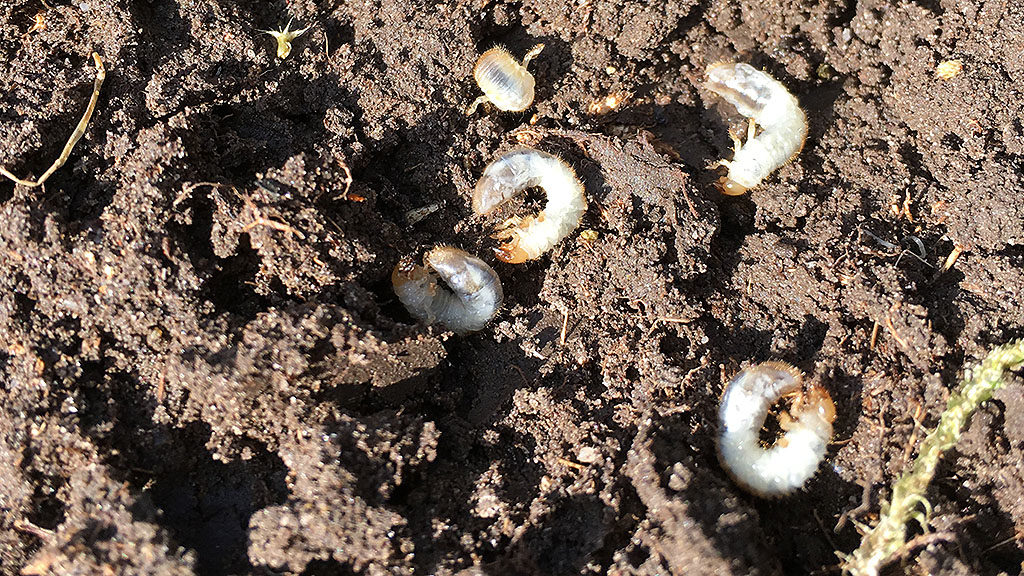
Further replicated trials are underway on golf courses and fine turf surfaces to refine the Acelepryn application timing to optimise turf pest control.
Glenn advocates the best results have been achieved with applications at the peak flight of egg laying adults, to be in the soil zone to catch early feeding larvae.
“It’s crucial to use higher water volumes, using the white O8 XC Nozzle to target the spray through to the soil surface,” he advised.
“Irrigation will help to move the spray into the target zone.”
The authorised label permits application at the rate of 0.6 litres per hectare, applied in 500-1000 l/ha water.
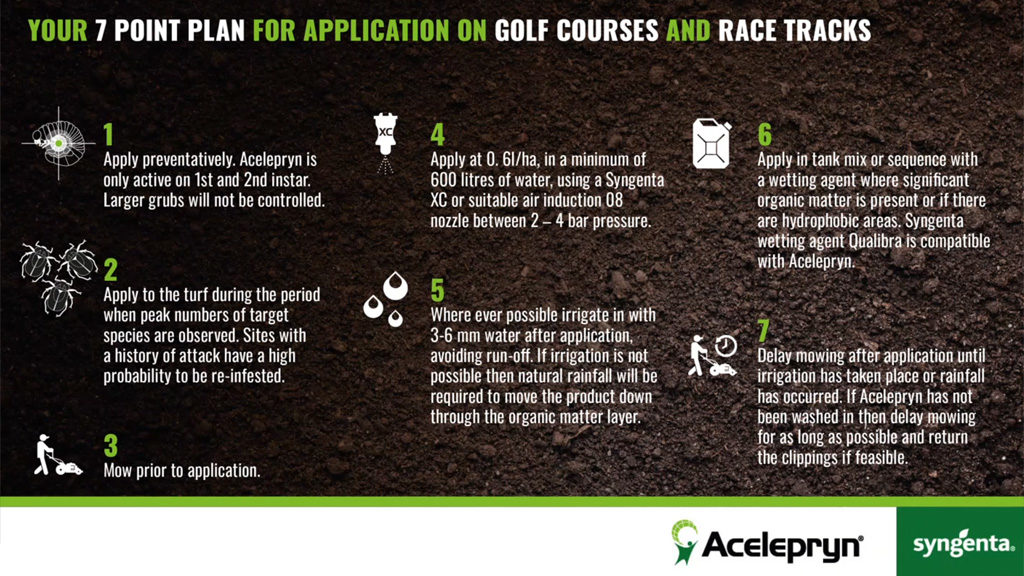
Acelepryn will be available for purchase from the beginning of May this year, to give opportunity to prepare for the onset of primary chafer beetle flights, from mid to late May.
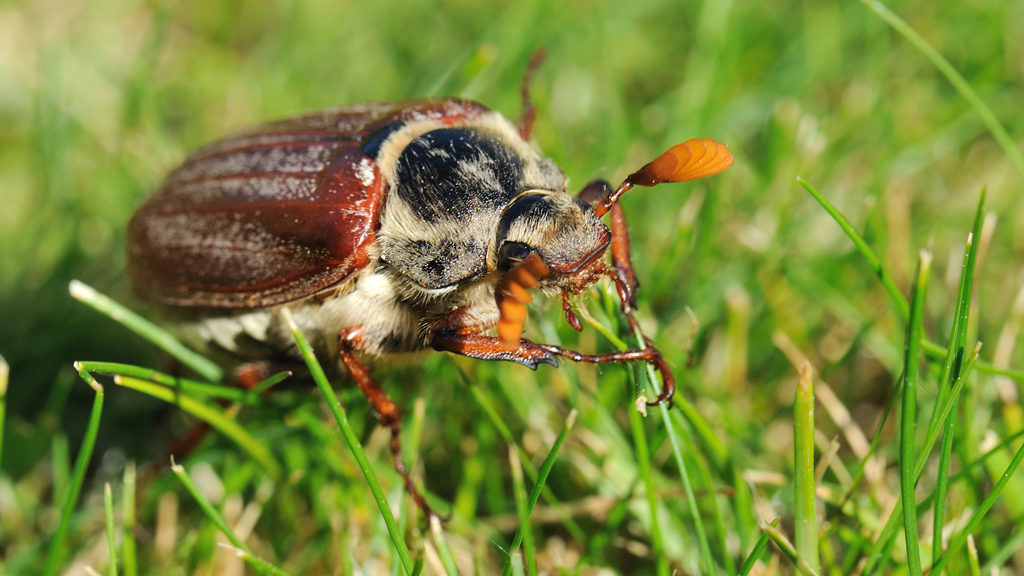
An on-line turf pest ID guide, to aid the identification of adult stages of key target soil pests and target application timing. The allied Pest Tracker on-line reporting system is also building a picture of pest activity across the UK and Ireland, to focus issues and better aid application timing.
For further information on best use guidelines where chafer grubs and leatherjackets have caused economically damaging effects contact an ICL Turf & Lasndscape Technical Sales Area Manager or BASIS agronomist.



